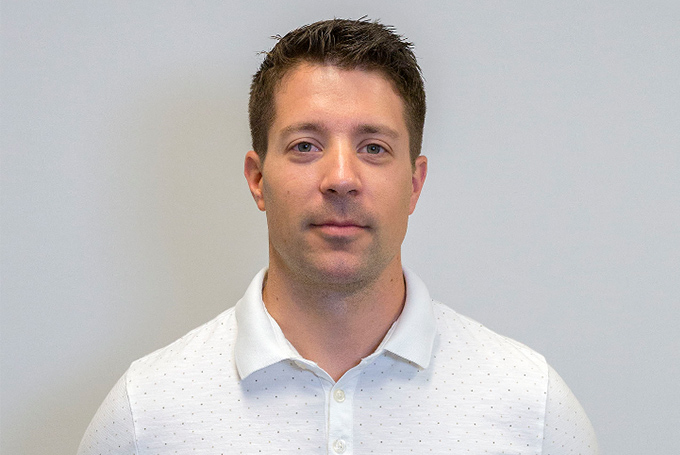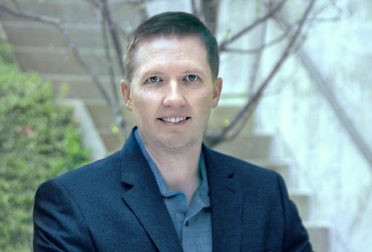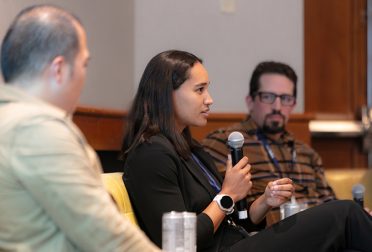BSc, Mechanical Engineering
Justin Dargis joins SDM from Chevron Canada, where he works as a completion engineer overseeing the process of preparing oil wells for production. He’s excited to join SDM after speaking to his colleagues at Chevron who’ve completed the program. “Everyone I’ve talked to that’s taken the program has mentioned that it changed their way of thinking,” he says. “Not just regarding work, but even their personal life.”
Can you tell me about your work?
I grew up on a farm in Northern Alberta, the midway point from southern Canada to Northern Canada. I was always interested in machines and how things worked. I completed my mechanical engineering co-op degree through the University of Alberta in Edmonton. From there, I started with Chevron. At first, I worked in the drilling department. Now I’m a Completion Engineer responsible for designing and executing oil and gas projects in Northern Canada. Once we’re done drilling a well, the completion team is responsible for preparing the reservoir for production. The project is technically rewarding with its complexity while providing the opportunity to manage large teams.
Are you planning to continue studying mechanical engineering? Are there other courses you’re interested in?
I’m interested in programming classes like Advanced Analytics Edge, which will be helpful. Chevron is beginning to use large data sets, so it would be beneficial to enhance any skill set to use that data more quickly. I’m also leaning towards classes to improve my managerial skills around teamwork, such as Innovation Teams, to complement the technical systems engineering approach. In my current role, we have approximately 50 stakeholders to plan the pad (group of wells) and up to 200 people on site when the operation is going.
What made you apply to the program? And why did you decide on SDM instead of a traditional MBA or other graduate degree?
I was looking primarily at MBAs at various schools. Receiving an MBA is valuable, but it doesn’t explain how to solve complex problems. Regardless of the industry, the world needs leaders who know how to manage AND solve complex problems. I didn’t want to transition from my engineering degree to a hundred percent business. I wanted a blend of the two. I talked to some colleagues who have taken the SDM program, and it sounded exactly what I wanted. The SDM program provides the curriculum on solving complex problems with a systems approach while learning the necessary management skills to lead teams. It’s the best of both worlds.
How do you think a systems approach will help you in your work?
I could apply system engineering to optimize production results in my current role. The most challenging aspect of my role is coordinating many stakeholders through project planning and execution. We have approximately 50 stakeholders per pad that we complete. In the planning process, many stakeholders wish to conduct experiments to enhance productivity. But those experiments can conflict or might not yield the best result due to variables in the process that might be unforeseen during the planning process. I believe the systems engineering approach will help me prioritize initiatives based on complexity while creating more value for the company.




